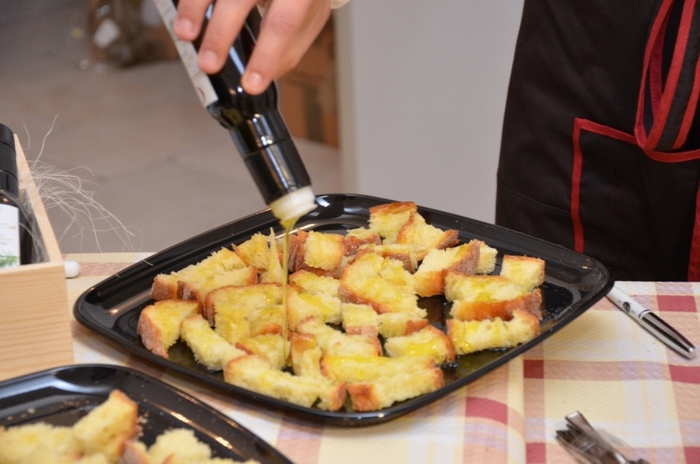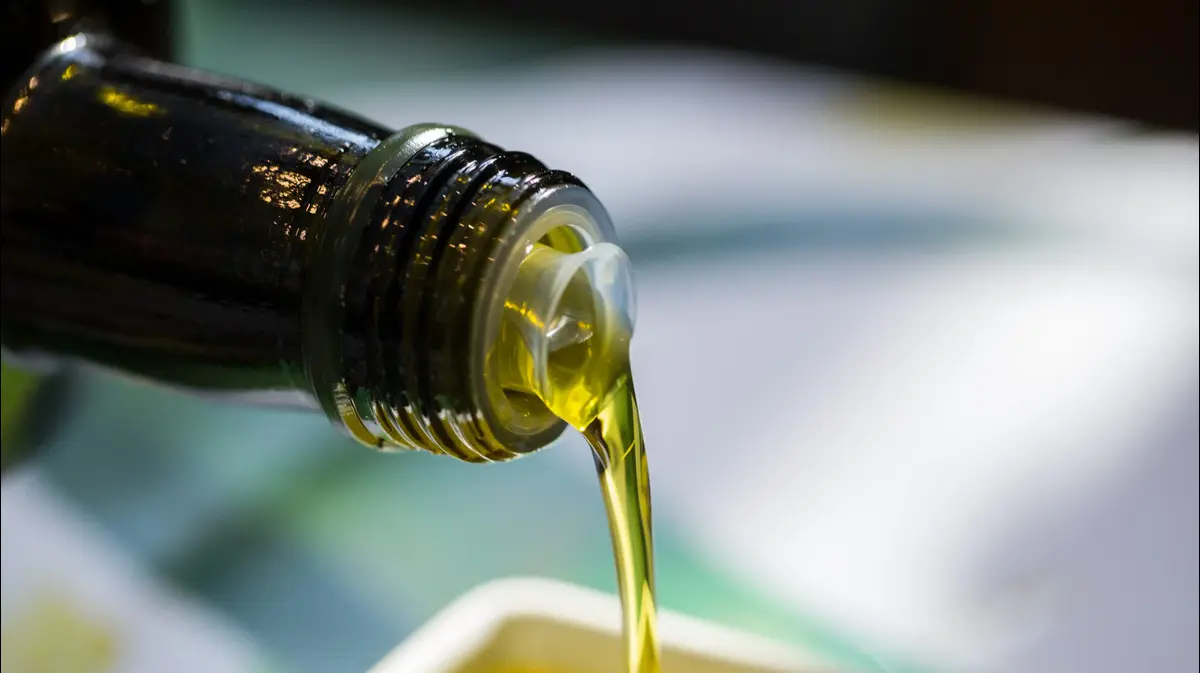Damascus-SANA
Syria is unique in luxury agricultural products, including “Qamar al-Din”, whose production process begins in the sixth month of each year after the ripening of the apricot fruits to offer the world a distinguished product that has proven over hundreds of years that it has a high nutritional and medical value, in addition to the delicious taste of the drink that is served on tables in Any time of the year, especially during the holy month of Ramadan.
Strengthening the health of the digestive system, increasing the body’s immunity and supplying it with energy, protecting the heart from diseases, preventing anemia, infections, iron deficiency, strengthening bones and teeth, improving the freshness of skin and hair, and compensating the body with vitamins. All of the direct benefits granted by “Qamar al-Din” are according to nutrition expert Dr. Yasser Zainab, who stressed in a statement To SANA, it is necessary not to overeat, despite all its benefits, so that it does not cause weight gain, raise blood sugar levels, or cause any other digestive problems.
There are many accounts about naming Qamar al-Din by this name, some of them say that the name goes back to the name of its inventor, and others say that when Qamar al-Din was made for the first time, the apricot season in that year coincided with the sighting of the moon at the beginning of Ramadan, but it is certain that its name was launched from the Levant, the original home of its production hundreds of years ago The years have been associated with the culture of its people since that time.
The Qamar al-Din industry, which is mostly eaten as a drink and sometimes as a dessert, has spread in other countries, but the Syrian Qamar al-Din, which is made in Damascus and its countryside, is still the best, as a variety of apricot trees grow in Syria that is most suitable for making Qamar al-Din, especially in Ghouta Damascus except About the appropriate climate needed by the Qamar al-Din industry, according to engineer Muhammad Gawish, who with his family owns a Qamar al-Din industry facility in the town of Shebaa in Damascus countryside.
Gawish spoke to SANA about the production stages of Qamar al-Din, noting that the first stages begin with receiving the ripe apricots from the farmers, then they are placed in a machine to wash them with water, purify them from the stuck leaves and sticks, and exclude the damaged kernels. Then the apricots are sorted into boxes according to specific weights, which are transferred to the fumigation room for a period exceeding 24 An hour after sterilization with "sulfur dioxide flower", the fruits are ready for juice.
Gawish explained that in the next stage, the apricot kernels are placed in spaces designated for them, so that a machine called “Al-Sharooq” pulls the apricot kernels to the separator machine, which separates the apricot from its seed. Then comes the stage of purification and the outer peel is separated from the apricot kernel and then put it in a machine called “beater” and here The artificial diameter “glucose” is added with some sugar to move to the stage of smoothing and filtering through a machine similar to a sieve whose holes are less than 1 mm. Then the material is transferred to pour it on sterilized wooden boards and is painted with oil and then dried under the sun for several days, where each piece weighs about 400 grams, then wrapped in nylon paper and transported to warehouses for cooling, where they are cut into different sizes according to market demand to meet the needs of the local market and export the surplus.
As for the apricot seeds, they are used in several ways, where the seed is dried for several days and then broken by machine to remove the inner core that is used in the production of some creams, cosmetics and other pharmaceutical materials, while the outer shell is used in the production of charcoal, according to Jawish.
All the previous stages would not have been completed and presented a product that surpassed the world without the expert hands that follow the production process step by step, starting from the harvest stage to the stage of “Al-Mustah” when the wooden boards carrying Qamar al-Din rolls are arranged on large areas in the orchards, which is the stage that she said The worker, Salam, is the most beautiful when we see that the work we started with the first rays of dawn gave us this wonderful view that fills the place.
As for the worker, Saadia Kassab, she said that what draws her the most is the sight of the golden threads of the sun that are reflected on the panels of Qamar al-Din and give it its distinctive color, while the smile of the fifty-year-old man Abu Adnan was enough to tell us endless stories about the past, its joys and beautiful memories that accompanied the manufacture of Qamar al-Din, but he was satisfied By saying .. “We are proud that we produce the best Qamar al-Din in the world and we will always be like this.”
Nour Youssef and Bilal Khazem







/cloudfront-eu-central-1.images.arcpublishing.com/prisa/3VJVXFGBN32OI7FRYXYZQ2AMUI.jpg)

